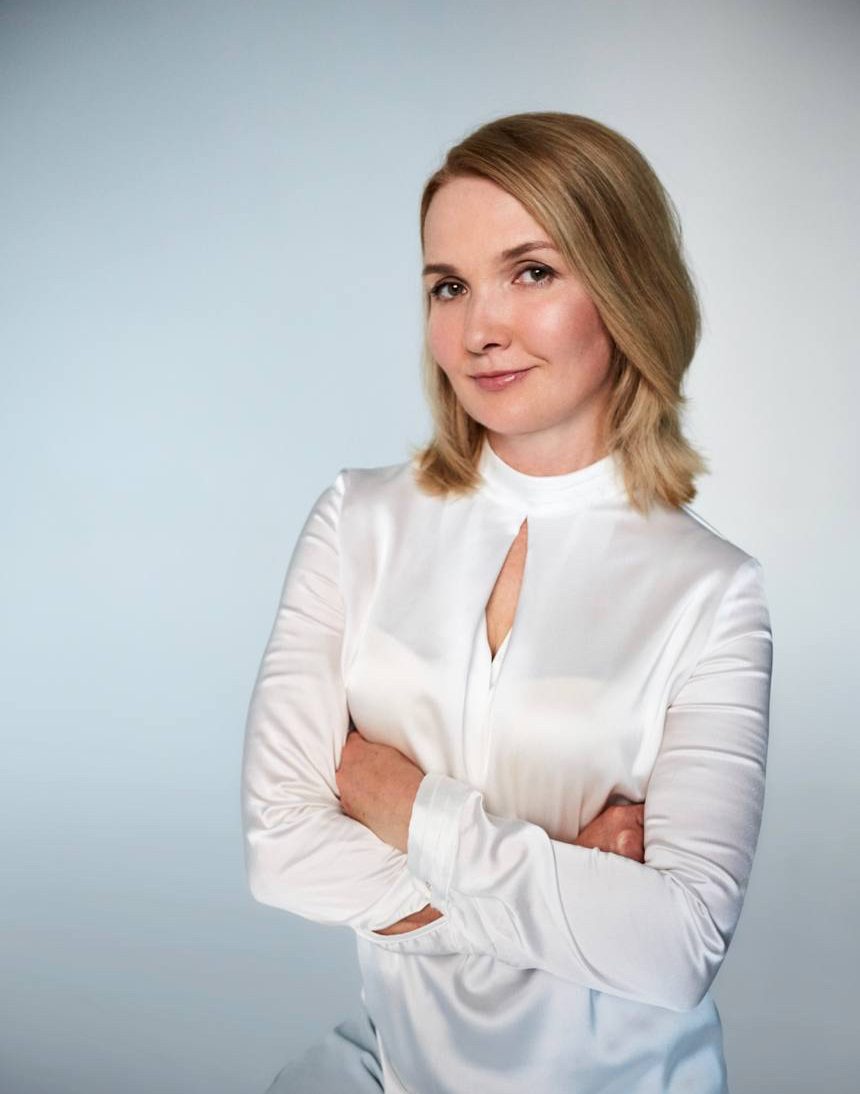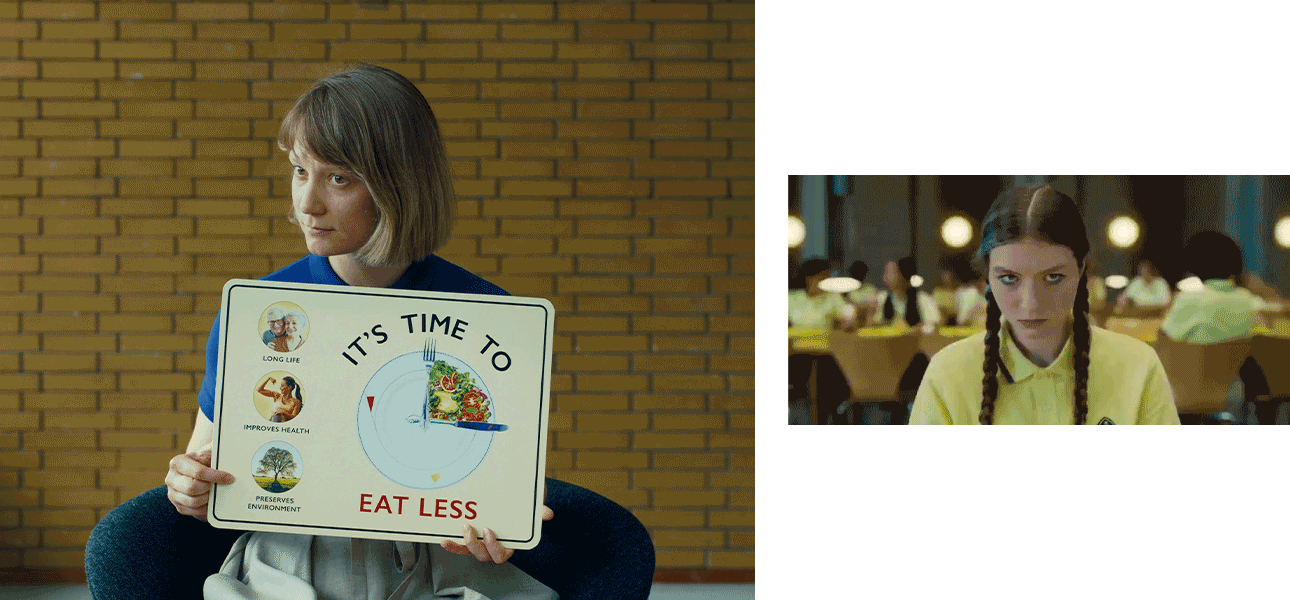Dear reader, we present to you our beauty columnist Inessa Tsarkova!
Inessa is an active nutritionist, gastroenterologist, therapist, naturopath and aromatherapist, health coach, integrative medicine doctor with a holistic approach. And now he will share with us his knowledge in the field of both physical and mental health, nutrition and much more.
Fasting or fasting, that is, temporary abstinence from food, today has both many supporters and many opponents. Let’s find out what the essence of this method is and how useful it is for our body.

Inessa Tsarkova
History of therapeutic fasting method
First, let’s look at history. The therapeutic method of fasting appeared at the dawn of humanity. It was used by ancient teachers of philosophical schools and healers.
So, Pythagoras (VI century BC), a great scientist, mathematician, founder of the philosophical school in ancient Greece, rightly believed that fasting improves thought processes, perception of new information and creative abilities. He fasted regularly for 40 days and requested the same from his students and followers.
And the great physician of antiquity, Hippocrates (around 460 BC), gave the following teaching, which doctors still swear by when setting out: “You should add food much less often, because it is often beneficial to remove it completely; The power of the disease will last until it reaches maturity… Man carries a doctor inside him, as long as you can help him in his work. If the body is not cleansed, the more you feed it, the more damage you will cause. When the sick person overeats, the disease also feeds. Remember – any excess is against nature!
Thus, even in ancient times, the harmful effects of toxins and waste accumulated in our bodies were known. This type of pollution is due to the fact that at some stage of its development, humanity began to eat inappropriate (non-specific) food, which is difficult to digest and whose residues are difficult to separate from the gastrointestinal tract and clog our body. By the way, I devoted a separate article to species-specific foods.
Our bodies spend tremendous amounts of energy, time and enzyme activity digesting and assimilating food. And we largely hinder it in this regard by eating refined foods that are deficient in fibre, vitamins and enzymes, by mixing complex molecules, and by eating large portions that are difficult to chew. Digestion and absorption of food is also greatly hindered by our chronic stress and our habit of eating at night or at night, when digestive system activity is significantly reduced. Thus, foods that are not digested and absorbed by the body poison our cells and cause diseases.
Benefits of therapeutic fasting
The founder of the scientific method of dosed fasting in our country is Professor Yu.S., Doctor of Medical Sciences. Nikolaev.
The method has been extensively studied at the cellular level, achieving high positive results in the treatment and prevention of various diseases (cardiovascular, gastrointestinal, diseases of the joints, respiratory system, skin, allergic, obesity and even mental, such as schizophrenia). It includes not only fasting, but also fasting-diet therapy, which consists of a set of procedures that help remove toxins and poisons from the body: cleansing enemas, showers, massage, breathing exercises, long walks in the fresh air.

In 1973, Professor Nikolaev published the book “Fasting for Health”, whose circulation instantly sold out, and in 1981 he opened the first department of fasting-diet therapy (RDT) in Moscow.
It has been proven that therapeutic dose fasting It is a biological general healing method that activates and increases the body’s defenses and makes it possible to treat many diseases even in advanced stages.
This method is also a natural factor that stimulates physiological regeneration, leading to renewal and rejuvenation of the molecular and chemical composition of cells and tissues and even the body as a whole.
The professor himself practiced this method for more than 50 years, had excellent health, maintained excellent physical form and lived for almost 100 years. He would fast 24 hours a week, 3-4 times a year for 7-10 days.
Based on available evidence of the effectiveness of this method, the USSR Ministry of Health included the RDT method in the official register of medical services. And in October 2016, the benefits of fasting for the body were officially recognized at the global level: Japanese biologist Yoshinori Ohsumi received the Nobel Prize in Physiology or Medicine for proving the importance of autophagy in maintaining the health and resourcefulness of a living cell.
Autophagy is the process of recycling and recycling unnecessary parts of the cell, various “garbage” accumulated in it.
It happens like this: during absolute fasting, our body begins to produce energy itself, digesting all “sick” cells and harmful deposits. But, like any technique, it must first be carefully studied and only then applied, gradually increasing the effect. This should be done under the supervision of a specialist and taking into account contraindications.
How to fast correctly
Many people are afraid of hunger. But our body always has room for future use and enough reserves to go without food for 45 days without irreversible consequences. In addition, one should not confuse forced starvation, which leads to dystrophy during excessive stress of the nervous system, and conscious starvation, which improves health using a special method.

When using therapeutic fasting, it is very important to ensure the active release of toxins and poisons from the body. For this reason You must follow a few rules while fasting:
– you should increase physical activity: walk a lot in the fresh air (preferably 6-8 km a day), take a shower every morning and evening, cleanse the intestines with enemas and harmless laxatives (for example, in the form of hypertonic magnesium sulfate, salt or soda solution), use breathing exercises and massage (self-massage);
— it is important to drink plenty of water (3-4 liters) or rosehip infusion;
– It is very important to follow the rules, especially when breaking the fast. As a result, when there is no food in our body, the enzyme secretion function is lost and does not return to its previous state immediately;
– The fasting period, in which food is gradually introduced according to a certain order, should be accompanied by an equal recovery period.
In home practice, to prevent diseases and achieve a healing effect, you can start with a well-tolerated 16-hour period of abstinence from food (this is 4 hours before bedtime, 8 hours of sleep and 4 hours after sleep). by the body.
It is also very useful to arrange for yourself a fasting day – a meal break – once a week.
Yes three meal break options:
— “conditional” fasting (freshly squeezed juices and herbal teas with honey);
– on water (you can also drink tea without honey and rosehip infusion);
– dry fasting (when you abstain not only from food but also from water).
After a fasting day, it is important to follow two rules:
– first drink a glass of water with 1/2 teaspoon of soda (extinguish with boiling water);
— The first meal should be a salad of grated carrots with beets or cabbage. You can add some grated green apple.
Dosed fasting not only cleanses the body and restores its health, but also deeply affects a person’s mental and spiritual abilities.
My dear readers, remember: the best doctor and teacher lives within us, we just have to let it show itself!
Source: People Talk
I’m Roger Gritton, and I’ve been writing for the The Fashion Vibes for over 5 years now. My specialty is beauty news; I’m passionate about covering the latest trends, products, and innovations in the industry. In my time there, I’ve become known as an authority on all things beauty-related.
I love discovering new experts to interview, researching up-and-coming ingredients and techniques that are making their way onto our beauty shelves and highlighting people who are making a difference in the world of cosmetics. My work has appeared not only on The Fashion Vibes, but also several other publications including the New York Times Magazine, Allure Magazine and Refinery29.





